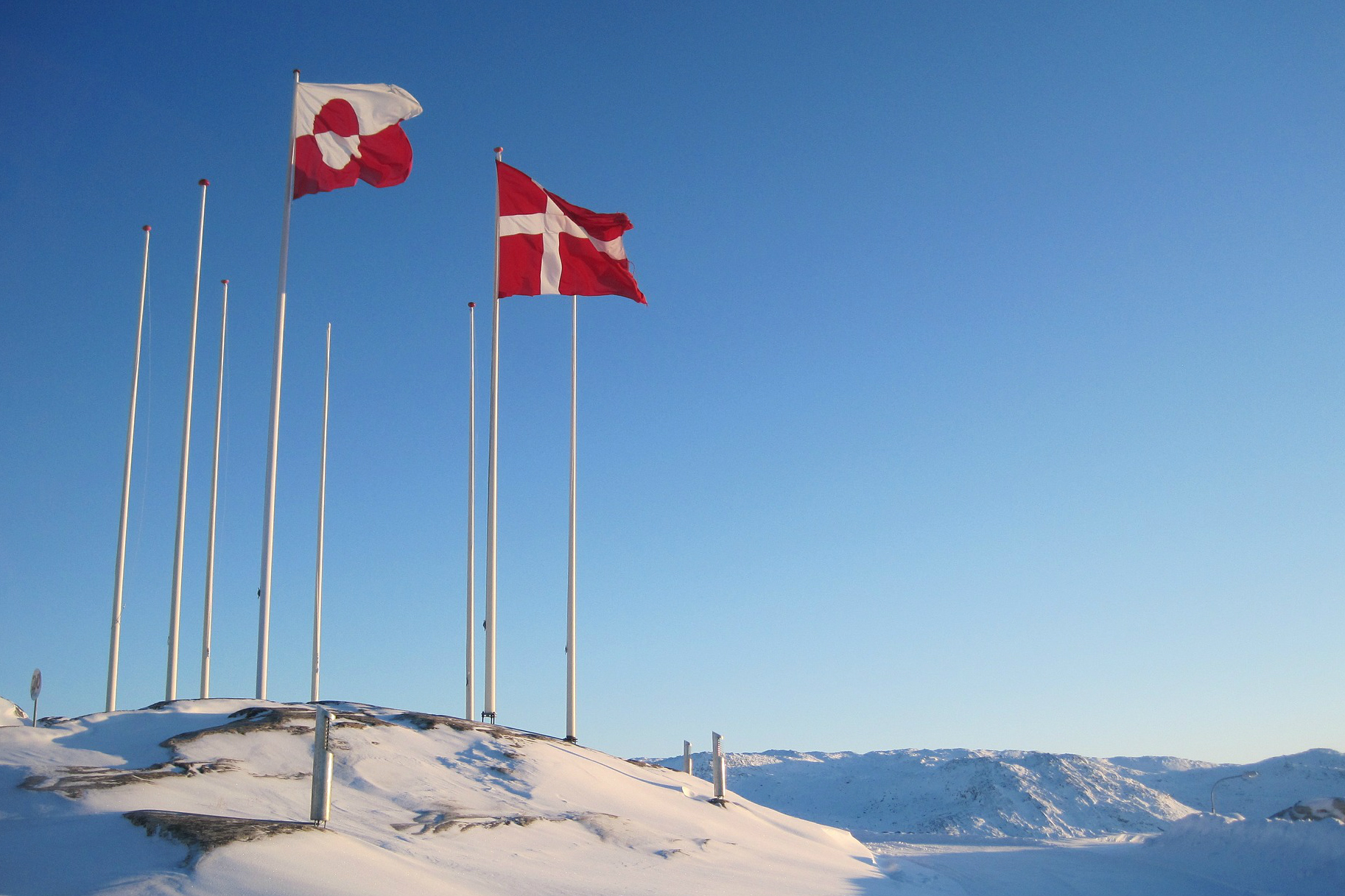Greenland government asking national assembly to extend constitutional commission mandate
Lawmakers want an additional two years of funding and clearer guidelines for the body after it fails to make necessary progress.

A Greenlandic committee set up in 2017 to sort out the country’s future relationship with the Kingdom of Denmark may receive funding to continue its work for an extra two years.
The work of the constitutional commission was to be completed within three years of being established. Initially it was funded through 2018, but the proposed 2019 budget, announced yesterday, would continue funding its work until the end of 2020.
The decision to ask for extra funding comes after the commission got off to a chaotic start and then, a year into its work, was put on hiatus ahead of a general election in April. That, according to the government, means it “has not made the necessary progress”.
The request comes after Vittus Qujaukitsoq, the member of the cabinet who has been overseeing the commission’s work since May, made similar comments about the commission when he announced in June that he would evaluate its work.
[Greenland forms a commission to write its first constitution]
Instead of continuing in its original format, he called for seating a new commission that was permitted to include members from outside the national assembly and establishing clearer guidelines for its work.
“The [commission’s] remit needs to be formulated in a way that leaves no doubt about what its task is,” he said.
When the commission was set up, it was given free rein to go about its work the way the seven members of the national assembly who were taking part in its work saw fit. Its only requirement was that when it was done, it would need to hand over recommendations for two constitutions: one that will be valid while Greenland remains a member of the Kingdom of Denmark, and one that will apply after.
Two important decisions have given rise to the possibility of drawing up each. The first is the acceptance in Copenhagen that the two self-ruling countries that make up the Danish kingdom (the Faroe Islands is the other) may write up a basic law that applies only locally. The one caveat is that a constitution that applies only in Greenland or the Faroe Islands must not conflict with the Danish constitution.
The second decision is enshrined in Greenland’s 2009 Self-Rule Agreement with Copenhagen, which gives Nuuk the right to request that powers be devolved to it, and to declare its independence when it sees fit to do so.
Having a separate constitution while still a member of the kingdom, according to Qujaukitsoq, will make it clear what decision-making powers Greenland has in areas that are currently explicitly under the control of Copenhagen, most notably foreign affairs, defence, citizenship and final judicial authority.
“The commission was seated with the goal of helping the people of Greenland become their own masters,” he said in a statement in connection with the evaluation. “This is not something that is possible within the current constitutional framework. If we don’t change the constitution, we’ll never attain full self-determination. Secession and/or collaboration with Denmark will permit us to decide for ourselves.”